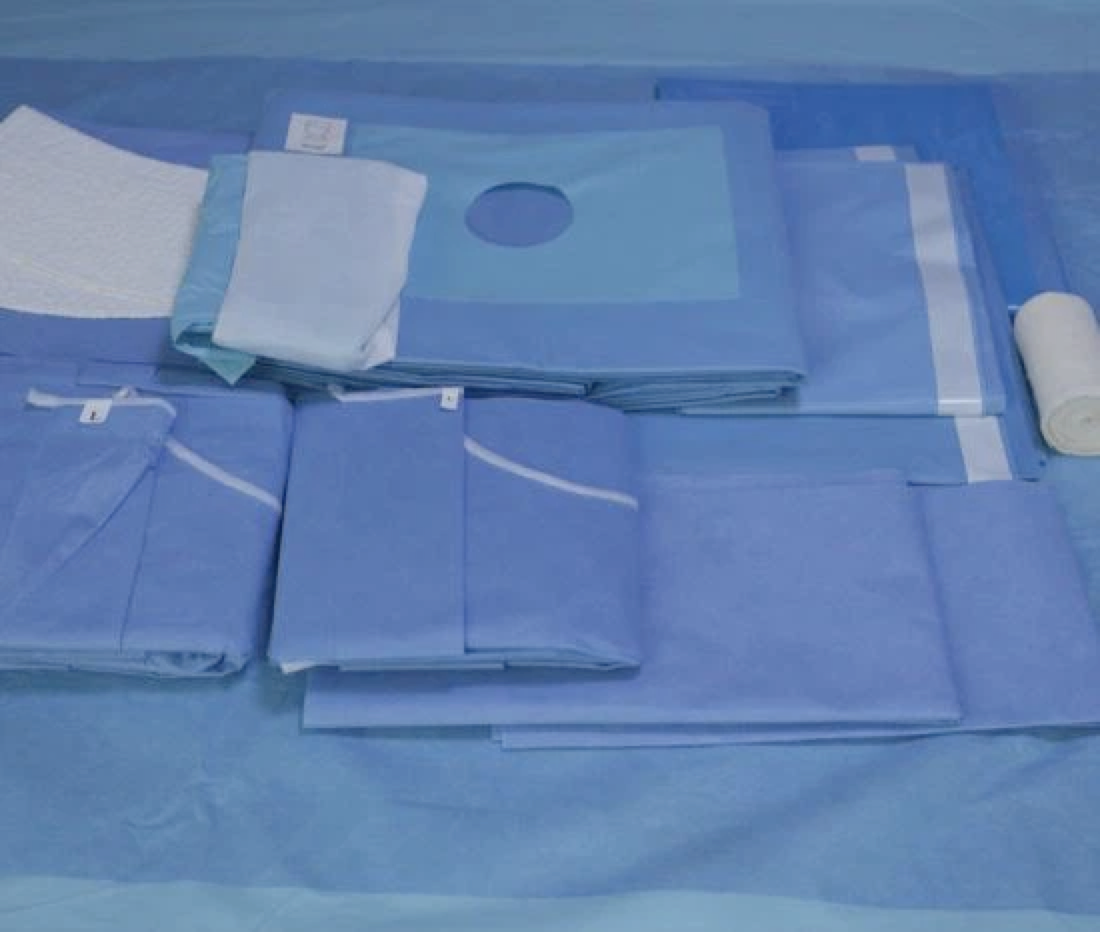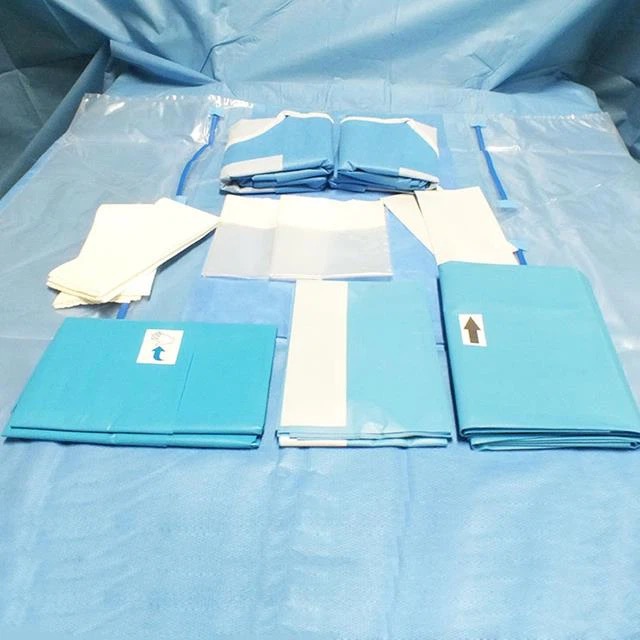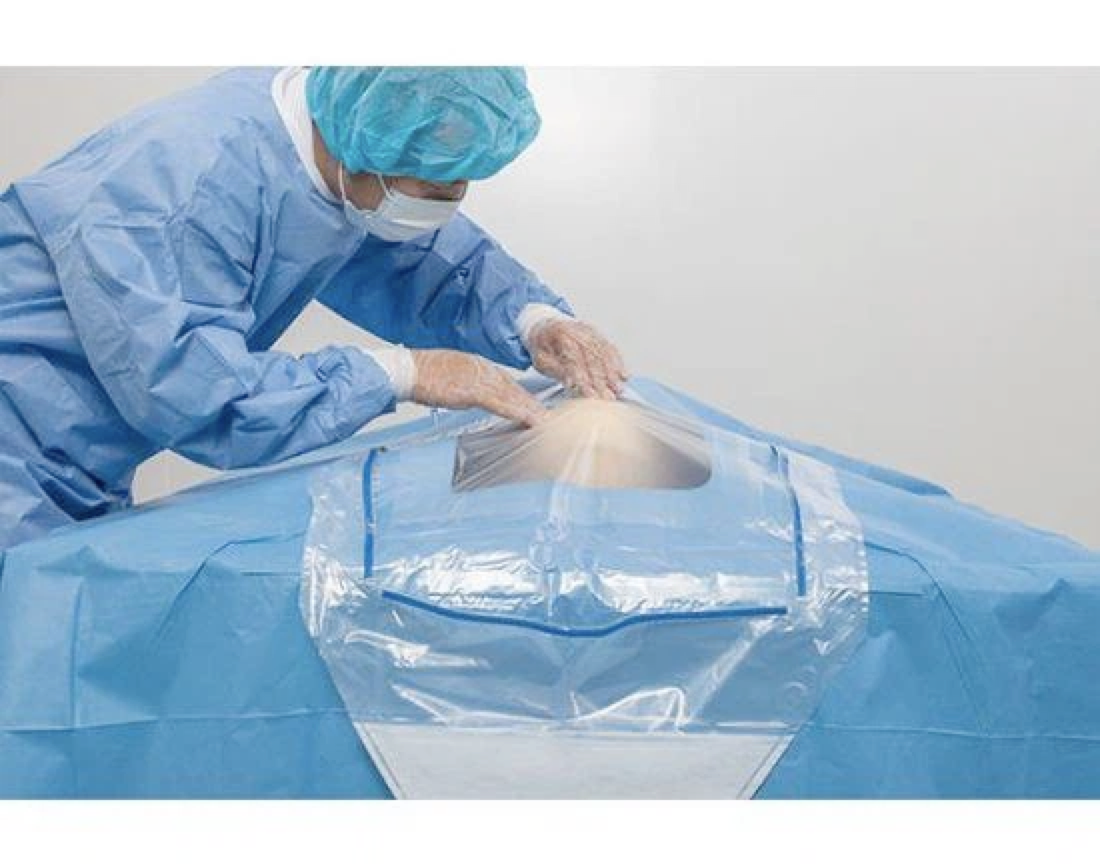The mouse embryos, developed using stem cells, only lasted for eight days.
But the research team say it could improve understanding of the earliest stages of organ development - and why some pregnancies fail.
Other scientists caution that while the technique is promising there are still many hurdles to overcome.
The researchers from the University of Cambridge and the California Institute of Technology (Caltech) are the latest to publish their results in the journal Nature.
Researchers from Israel also published similar findings recently.
The Cambridge team has been studying the early stages of pregnancy for the past decade but so much of it is hidden from view in the womb.
By mimicking natural processes in a laboratory, they found a way to get three types of stem cells from mice to interact and grow into embryo-like structures.
The synthetic mouse embryos only lasted for eight days, due to defects - but they reached the point where a brain began to develop.
Professor Magdalena Zernicka-Goetz, professor of mammalian development and stem cell biology at Cambridge and professor of biology at Caltech, said it was "a dream come true" and could offer a glimpse into how organs are formed.
"This period of human life is so mysterious, so to be able to see how it happens in a dish - to have access to these individual stem cells, to understand why so many pregnancies fail and how we might be able to prevent that from happening - is quite special," she said.
The advance could also mean less reliance on animals for research and a useful way to test new drugs.





